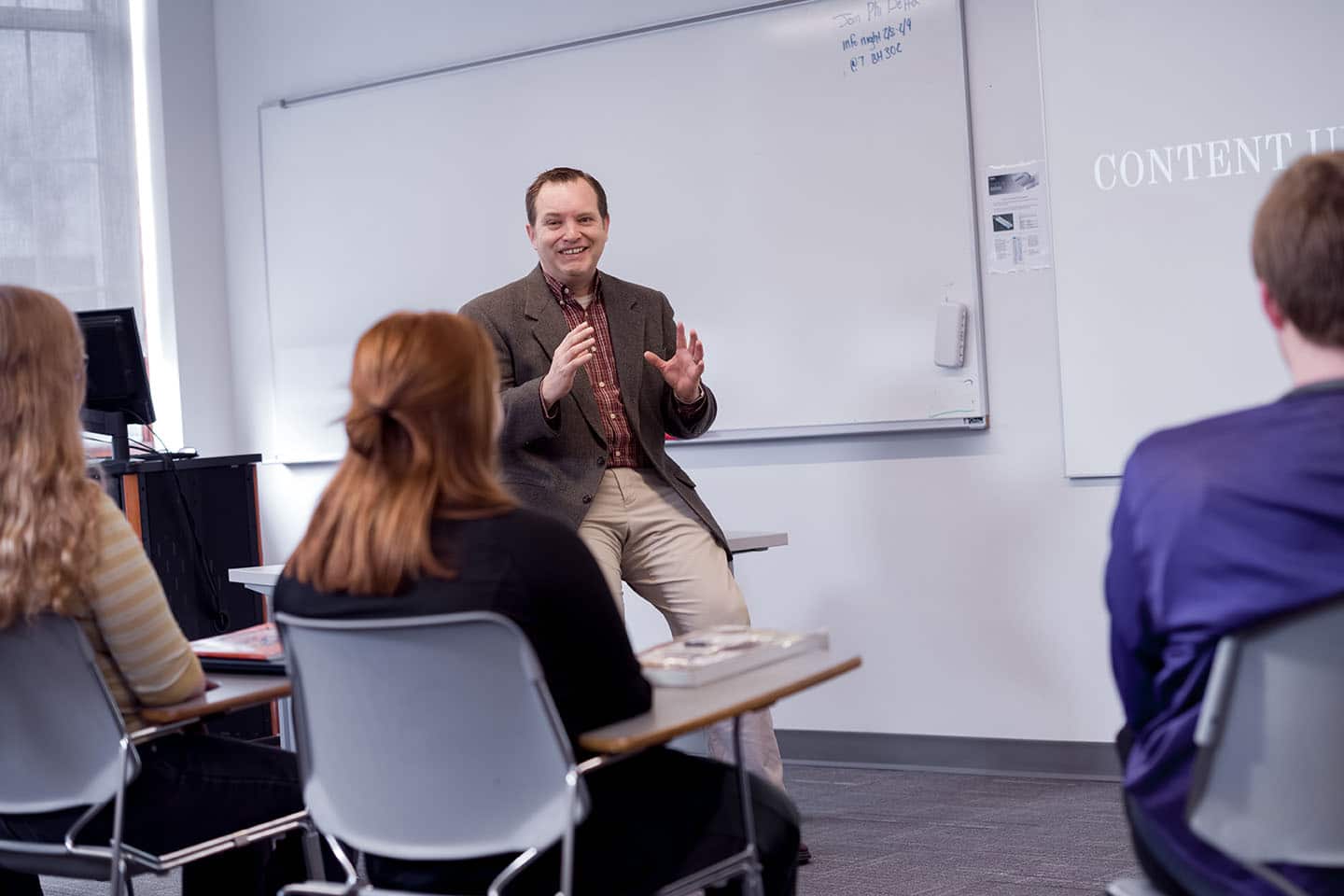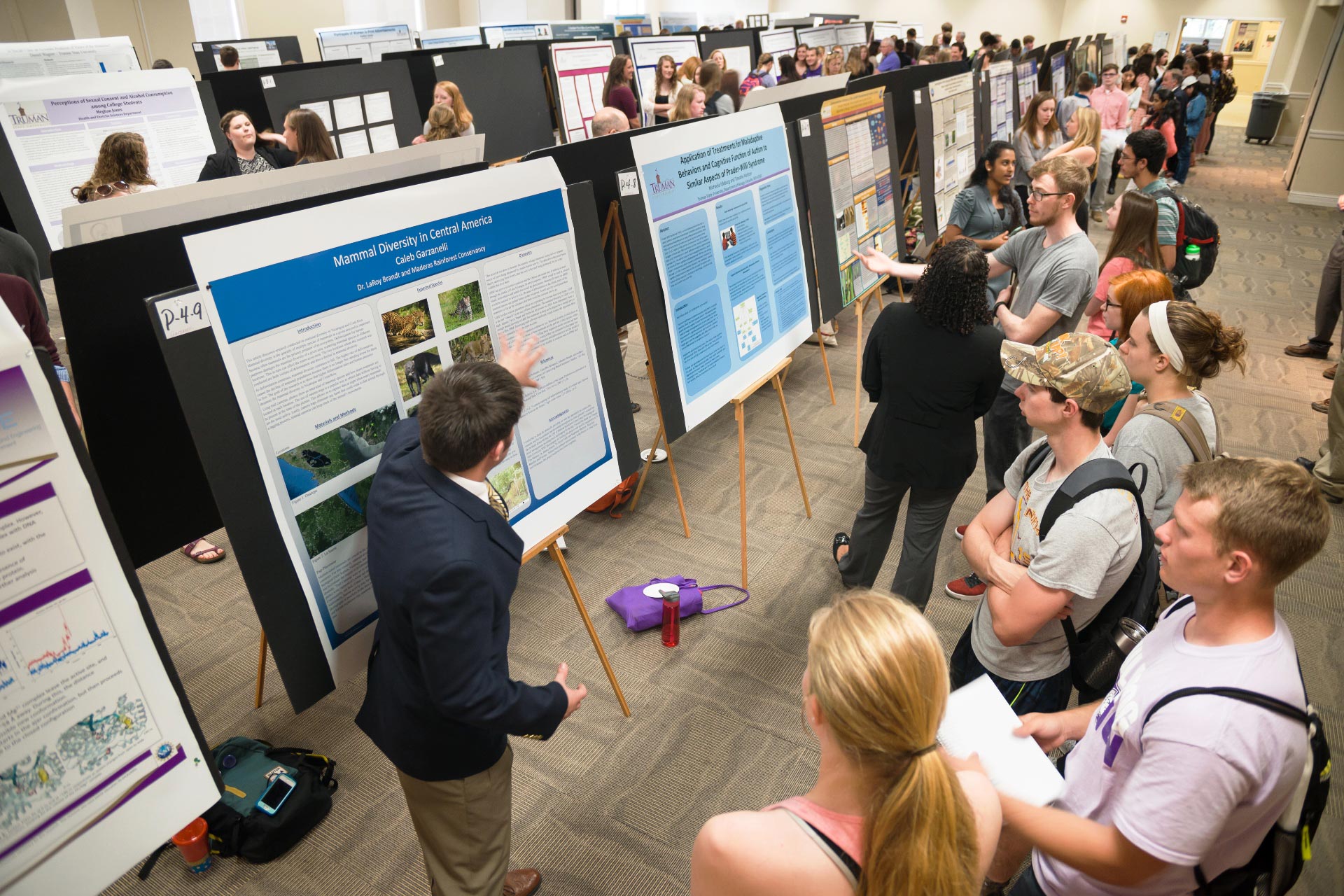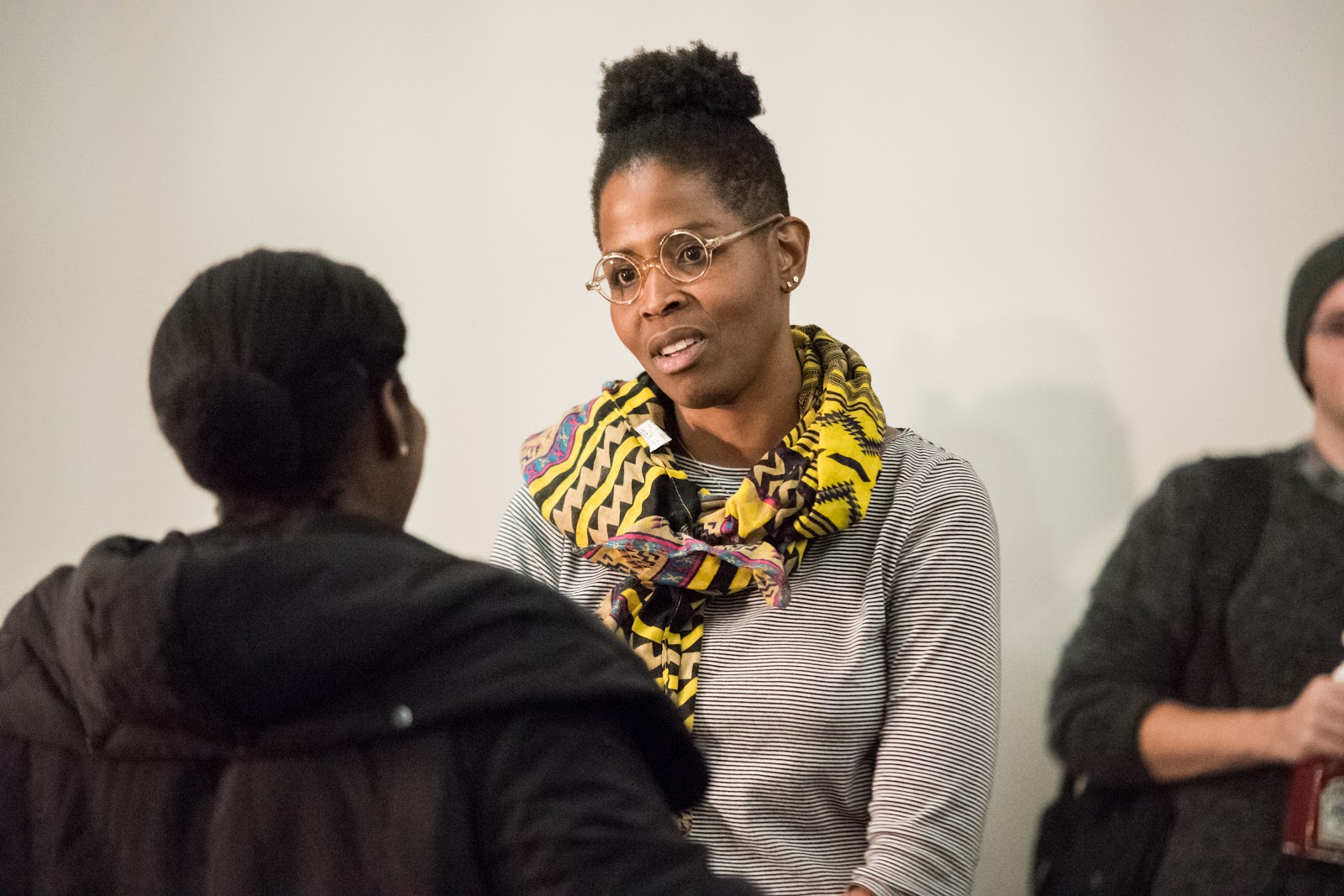Applied Linguistics/TESOL Major (BA)

When you pursue an applied linguistics major, you learn to analyze how language works and develop insights that can be applied to social issues. Using theory and research, you gain an understanding of the complexities of human languages including their structure, acquisition, role in culture and society, and relationships to literacy. This interdisciplinary field integrates many perspectives in the scientific study of language.
Career Paths
Knowing how languages work can be applied to a wide variety of jobs such as:
- teaching English as a second language in the U.S.
- teaching English as a foreign language overseas
- teaching foreign languages
- research in second language acquisition
- speech pathology
- language policy and planning in educational settings, government, business, and global non-governmental organizations
- social advocacy, paralegal and legal careers relating to linguistic discrimination
- marketing and branding
- publishing and technical writing
- language collection, documentation and corpus curation
- revitalization of endangered languages
- development of online language learning and assessment tools
This major also prepares you for advanced study in graduate school.
Featured Courses
Student Opportunities

Study Abroad
Study abroad is a natural attraction for students interested in the intricacies of language. Truman offers many opportunities for study abroad, and courses taken abroad may also count toward your major.

Research
Work with a faculty mentor to practice your skills of collecting and examining data, identifying patterns, and creating and testing different hypotheses. You can share your results at the Student Research Conference held on campus each year.

Visiting Scholars
Meet distinguished scholars brought to campus through the Ofstad Visiting Scholars Program which offers a range of masterclasses and workshops led by renowned scholars from around the world.
Explore Related Programs
Majors
Minors
Graduate Studies